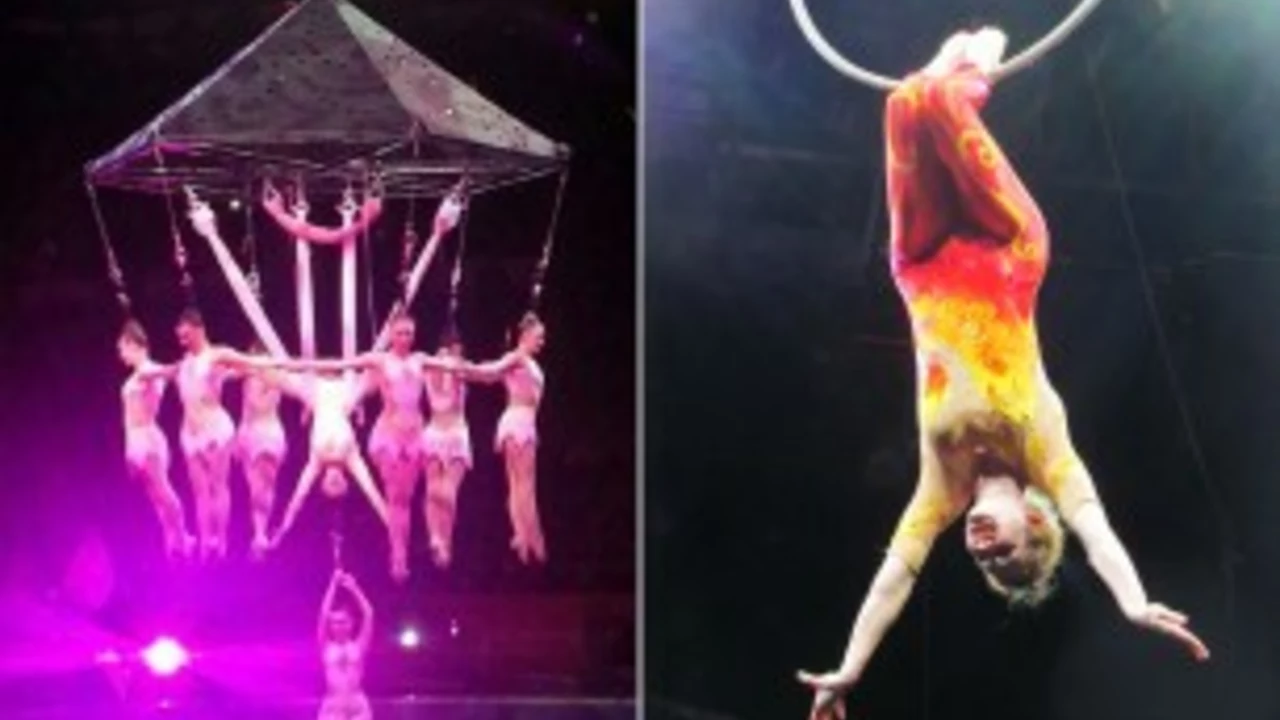Interesting Performances: What Makes a Show Unforgettable?
Ever wondered why some shows stick with you long after the curtain falls? It’s usually a mix of raw talent, daring tricks, and a story that pulls you in. On this page we’ll break down the key ingredients that turn a routine into a must‑see performance, and point you to real‑world examples from circus legends to modern acrobats.
Iconic Circus Moments That Still Wow Audiences
Cheering for a fire‑breather or gasping at a high‑wire act feels instant, but the truth is most iconic circus moments are backed by years of drill. Take the classic question, “What are some common misconceptions about the circus?” People think it’s just kids’ fun, yet many acts demand adult‑level stamina and years of training. Performers train countless hours on balance, strength, and timing to hit that perfect split‑second landing.
Stories from behind the big top also reveal hidden risks. When you ask, “Are circus performers in any actual danger?” the answer is yes, but safety nets, spotters, and strict protocols keep injuries rare. Knowing the safety measures gives you a new appreciation for the daring moves you see.
Even the age factor sparks debate. Some wonder, “Is 25 too old to start training for Cirque du Soleil?” The short answer: no. While younger bodies adapt quicker, dedication and smart conditioning let older hopefuls join the ranks. Real performers often start later and still land roles by focusing on technique over pure youth.
Acrobatic Secrets and Stories You’ll Love
Acrobats get asked all the time, “Are acrobats tall?” The truth is height isn’t the main game‑changer. Flexibility, core strength, and balance matter far more. Shorter acrobats can excel in tightrope or tumbling, while taller ones may shine in aerial hoops. It’s the blend of body awareness and practice that creates those jaw‑dropping flips.
Ever imagined life behind the scenes at Cirque du Soleil? One performer says the job is a marathon of physical and mental stamina. Long rehearsals, strict schedules, and constant travel test every athlete, but the reward is performing for packed houses and sharing a unique artistic vision.
And what about the myths around stunt work? Jackie Chan’s career shows that doing your own stunts adds authenticity, but even he admits to using doubles for truly risky shots. The same principle applies to acrobats: knowing when to push limits and when to rely on safety gear is essential.
Ready to see more? Browse our collection of posts that dig into these topics: from the dangers of running away to join the circus, to the cultural depth of Beijing Opera’s acrobatic moves. Each article gives a fresh angle on why certain performances feel “interesting” and worth hearing about.
So the next time you watch a daring aerial act or a classic clown routine, remember the countless hours of training, the safety checks, and the personal stories that make each performance truly interesting. Keep exploring, stay curious, and you’ll never look at a show the same way again.

What are the most interesting circus acts?
Well, hey there folks, let's dive headfirst into the wild world of circus acts, shall we? First off, trapeze artists are a marvel, quite literally swinging into our hearts with their daring, high-flying stunts. Then, there are the jugglers, or as I like to call them, the 'multi-tasking maestros', who can handle more balls than I can in a game of dodgeball! Clowns, too, can't be overlooked, with their slapstick humor and oversized shoes, they're the life (and laugh) of the party. Lastly, let's not forget those incredible animal acts, where lions, elephants, and horses take center stage, showcasing their trained talents and reminding us just how magnificent the animal kingdom is.
Read More